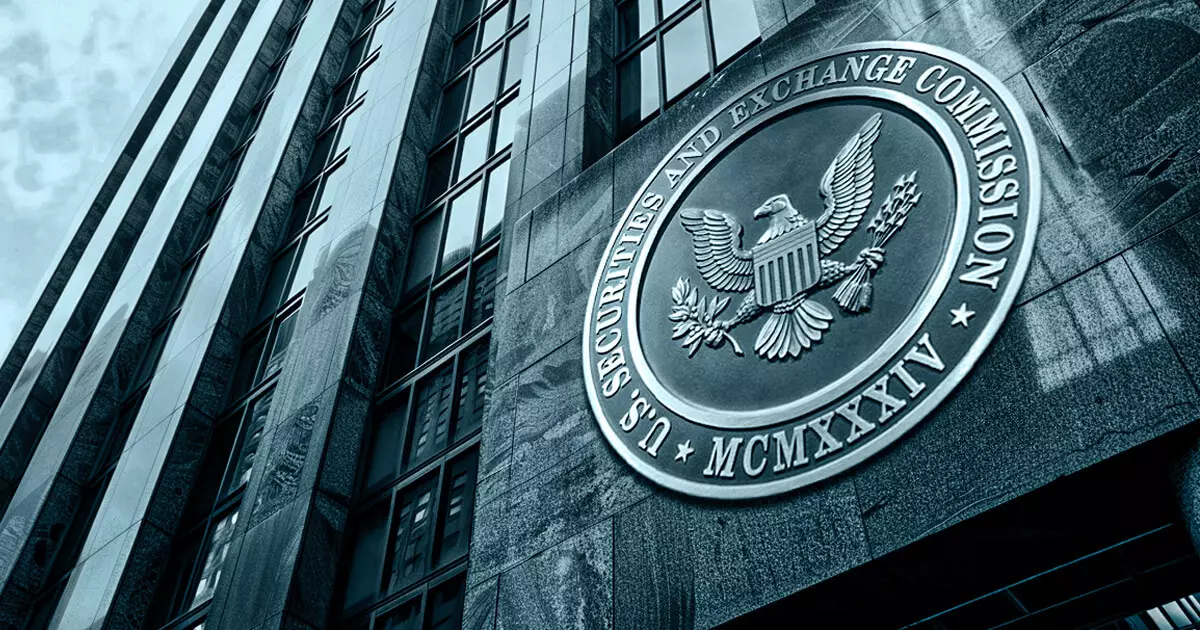The upcoming House Appropriation budget threatens to prevent the US Securities and Exchange Commission (SEC) from implementing its controversial Staff Accounting Bulletin 121 (SAB 121). FOX Business reporter Eleanor Terrett revealed on June 4 that the bill includes a provision that would prohibit the SEC from using appropriated funds to enforce the rule. This budget enables agencies to incur obligations and make payments from the US Treasury for specific purposes. One policy rider embedded in the budget expressly states: “Prohibits the SEC from implementing or enforcing Staff Accounting Bulletin No. 121, which implements harmful digital asset requirements.”
It remains unclear whether the budget will successfully pass in its current form. With the House currently holding a Republican majority, the appropriation bill is likely to be approved during a June 5 hearing. However, the Senate, where Democrats and Independents have the upper hand, will have to negotiate its own appropriation bill in contrast to the House’s version. Democratic support for a previous resolution with a similar objective – H.J. Res. 109 – suggests that the Senate may opt to retain the rider in the budget. The bill aims to provide the SEC with a total funding of $2 billion in 2025, as opposed to the $2.59 billion requested by SEC chair Gary Gensler. SEC commissioner Mark Uyeda has expressed support for withdrawing SAB 121, labeling it as “unfortunate” that US President Joe Biden vetoed H.J. Res. 109. Uyeda criticized the SEC’s decision to introduce SAB 121 through a regulatory edict as bypassing rulemaking under the Administrative Procedure Act (APA), consequently undermining “our system of checks and balances against an overreaching administrative state.”
Uyeda’s objections are reminiscent of earlier criticism from fellow SEC commissioner Hester Peirce, who in 2022 stated that a bulletin was not the “appropriate vehicle” for necessary changes. Both Uyeda and Peirce focused on procedural deficiencies rather than the precise content of SAB 121. Peirce acknowledged that the decision itself “may be appropriate.”
SAB 121 mandates that financial institutions and other entities safeguarding customers’ digital assets record these assets on their balance sheets. This accounting and disclosure approach arguably imposes significant capital and liquidity costs on affected companies. The US House and Senate previously voted to pass H.J. Res. 109 and nullify the bulletin, culminating in the Senate approving the resolution on May 16. However, President Biden vetoed the resolution on May 31, expressing concerns that it could undermine the SEC and jeopardize consumers and investors. Biden’s veto sparked pushback, as House lawmakers, the American Bankers Association, and other organizations urged him to sign the resolution into law.
By analyzing the ongoing battle over SEC’s Staff Accounting Bulletin 121, it becomes evident that the issue is not merely a regulatory dispute but a politically charged and contentious debate with far-reaching implications for the financial sector. The outcome of this clash will not only shape the regulatory framework for digital assets but also influence the balance of power between government agencies and the administration. The ultimate resolution of this conflict remains uncertain, but its repercussions are likely to reverberate across the financial landscape for years to come.
















Leave a Reply